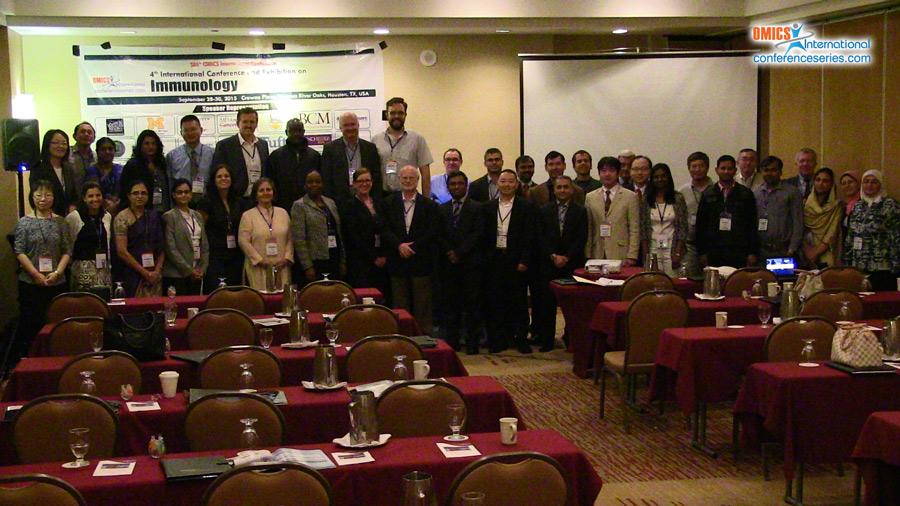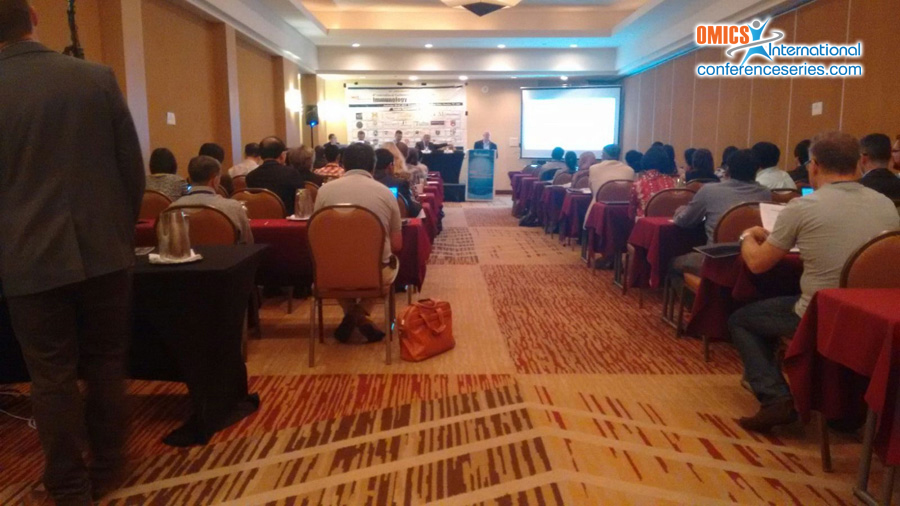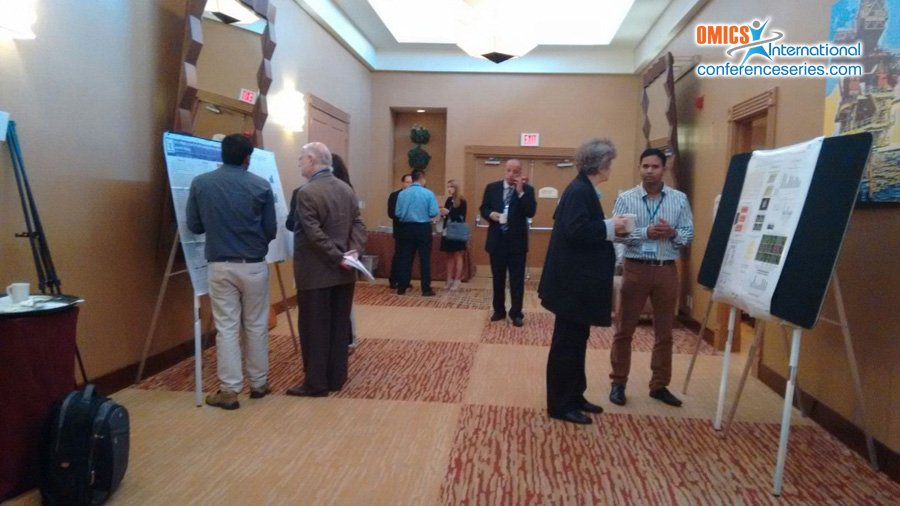
Amber Rose
(Board Certified NCCAOM), LMSW, USA
Title: Innovative effects of bee venom therapy on Lyme disease: A pioneering study
Biography
Biography: Amber Rose
Abstract
Objective: Examine Effects of Bee Venom Therapy on 60 Lyme Patients. Methods: 60 patients with Lyme, their ages ranging between 25-68 were divided into two groups. Group 1 (40 patients) were treated with the Bee Venom Therapy (BVT) protocol for Lyme. Some of these patients were on antibiotics when they began BVT, but weaned themselves off. They received 3000 mg of Vitamin C every day and were treated with Bee Venom (BV), three times per week. On alternate days they followed a detox protocol (drinking apple cider vinegar in water and soaking for 10 minutes in an Epsom salt bath mixed with 32 ounces of hydrogen peroxide). Group 2 (the Control Group - 20 patients) did not receive any BV. They continued their regular medical care without BVT intervention. Results: Results revealed 2 patients fully recovered after 2.5 years. All symptoms disappeared and all blood work was normal with no signs of Lyme nor any co-infections present. 8 patients had 85%-90% recovery at the 1 year mark. Their energy increased, their minds were clear; they showed very few Lyme symptoms, with much improved blood work. 30 patients showed lessening of symptoms between 1 week and 9 months of BVT. 20 patients (control group) did antibiotics only and no BVT. Their Lyme symptoms worsened. Conclusion: Bee Venom Therapy has made a significant difference in the quality of life of all Lyme patients treated with Bee Venom. BVT combined with a detox protocol is a safe treatment for Lyme patients. BVT is also effective in conjunction with antibiotic treatments. More research is needed to replicate the study done at Rocky Mountain Laboratory, by Lubke and Garon (1997) where a component of bee venom, melittin, was shown to effectively kill the Lyme spirochete.



